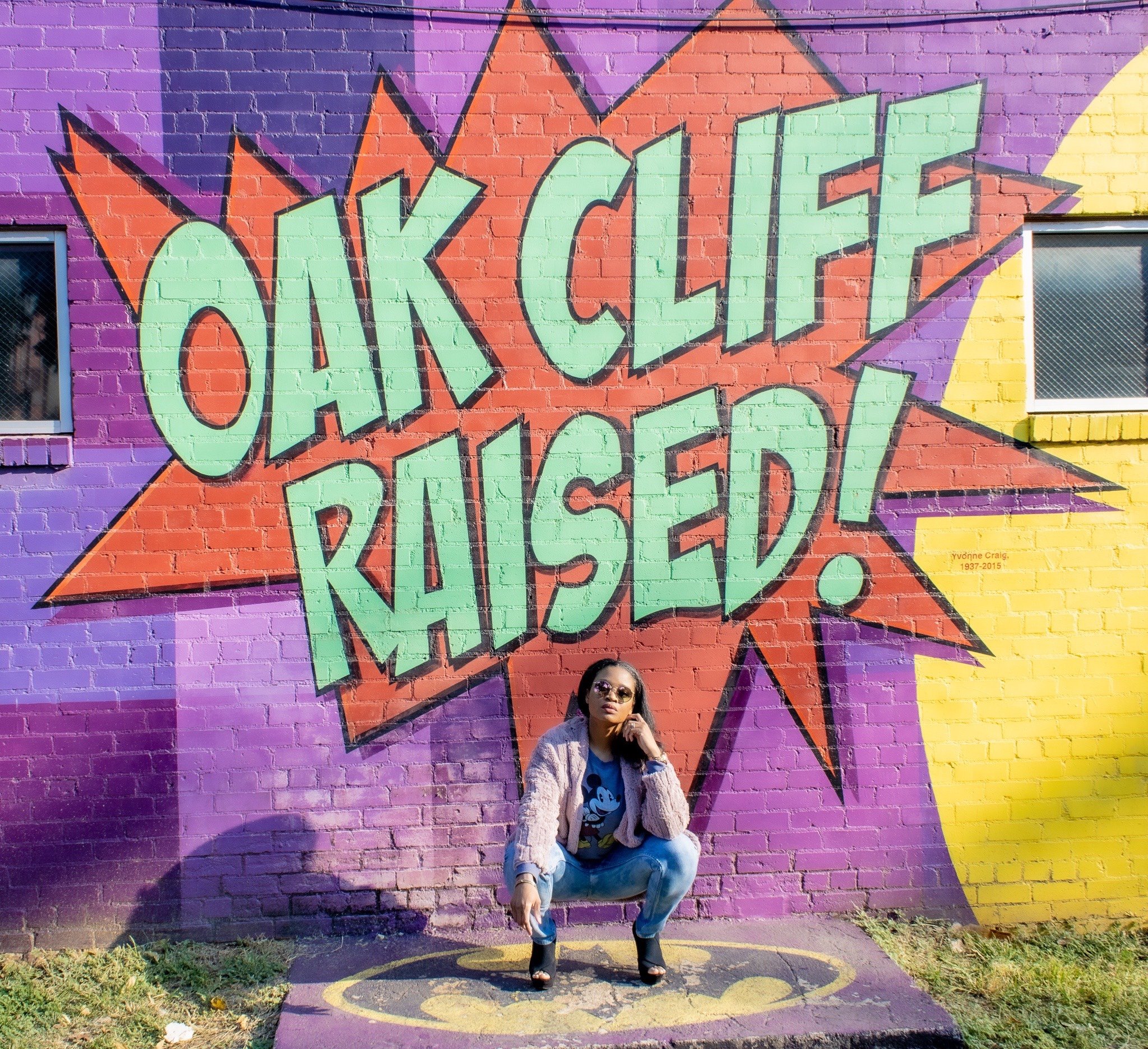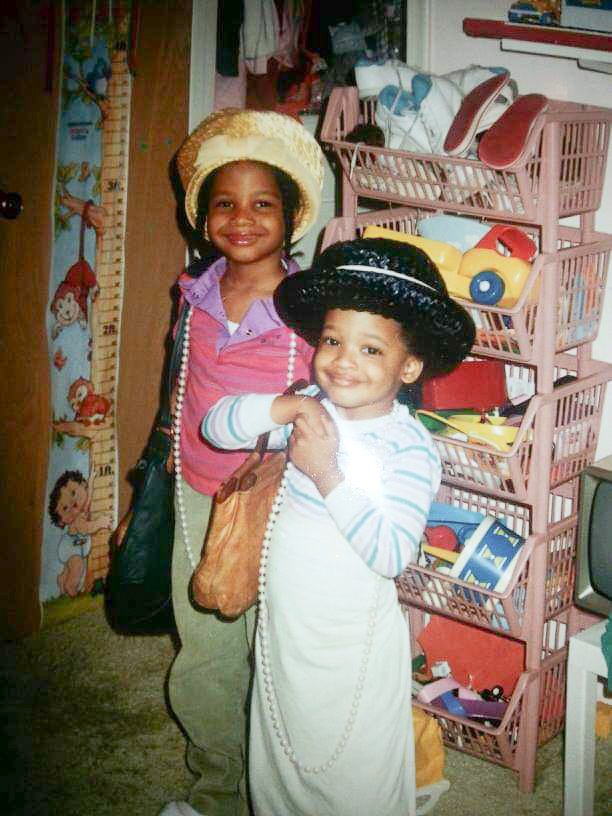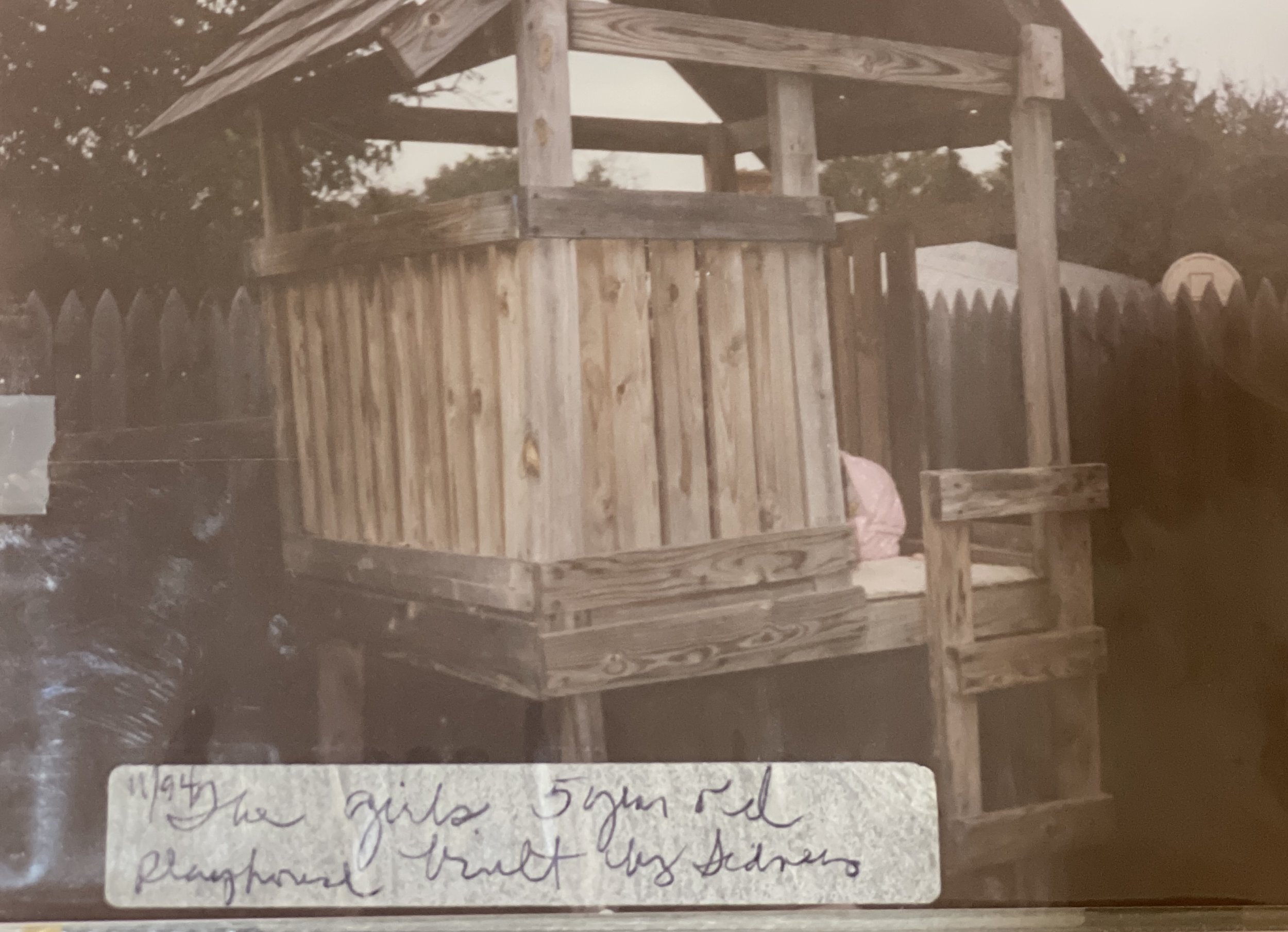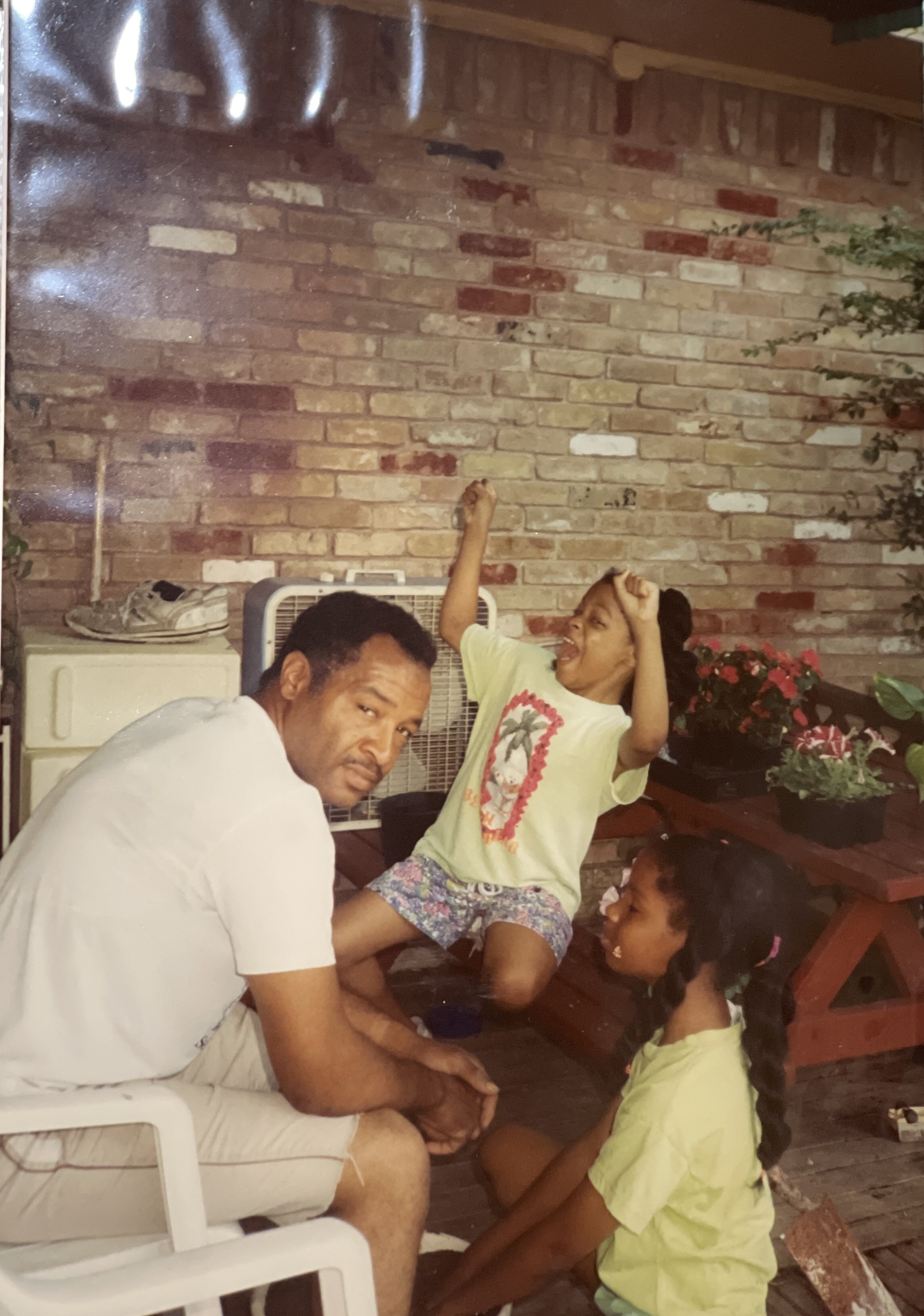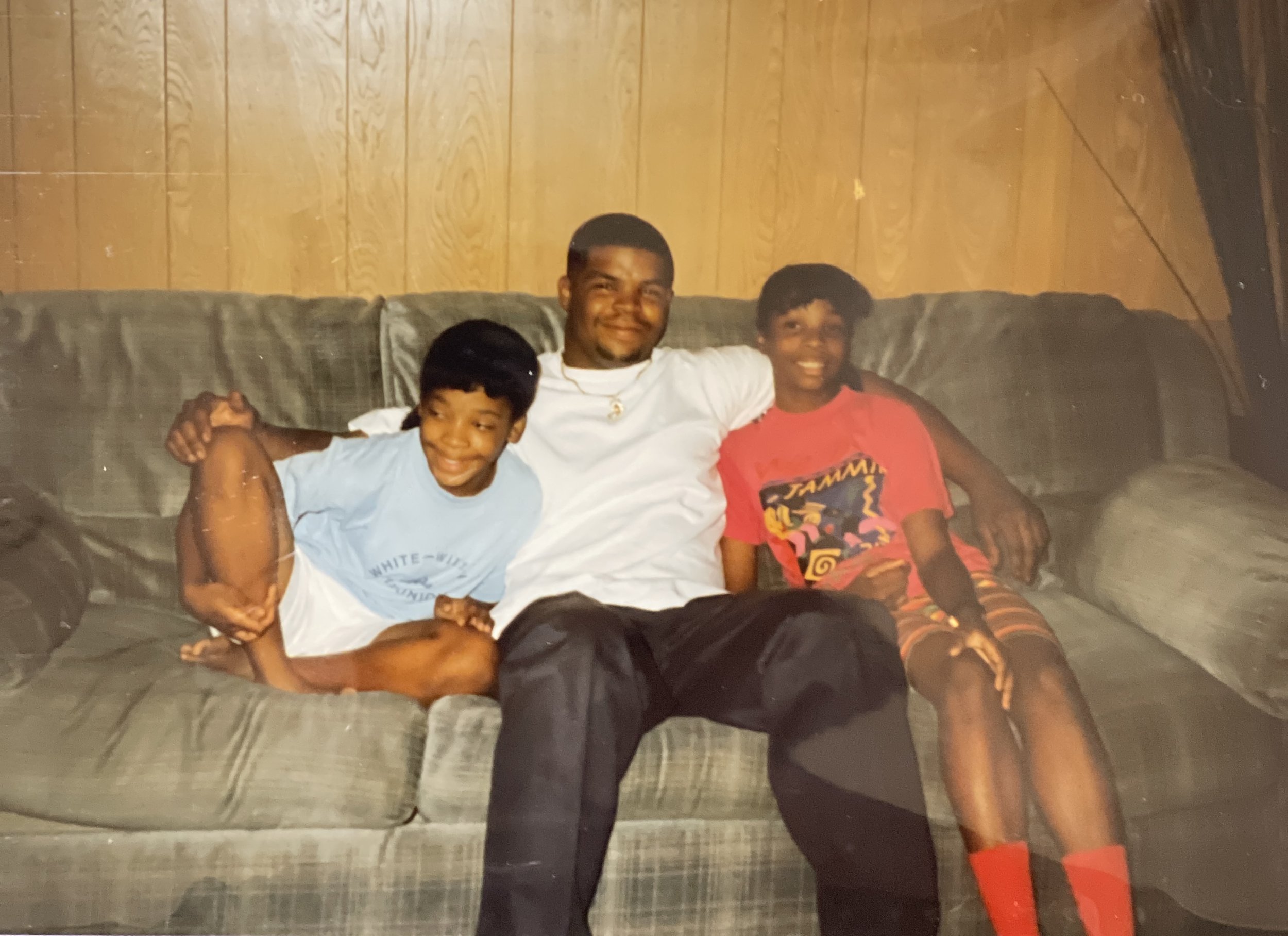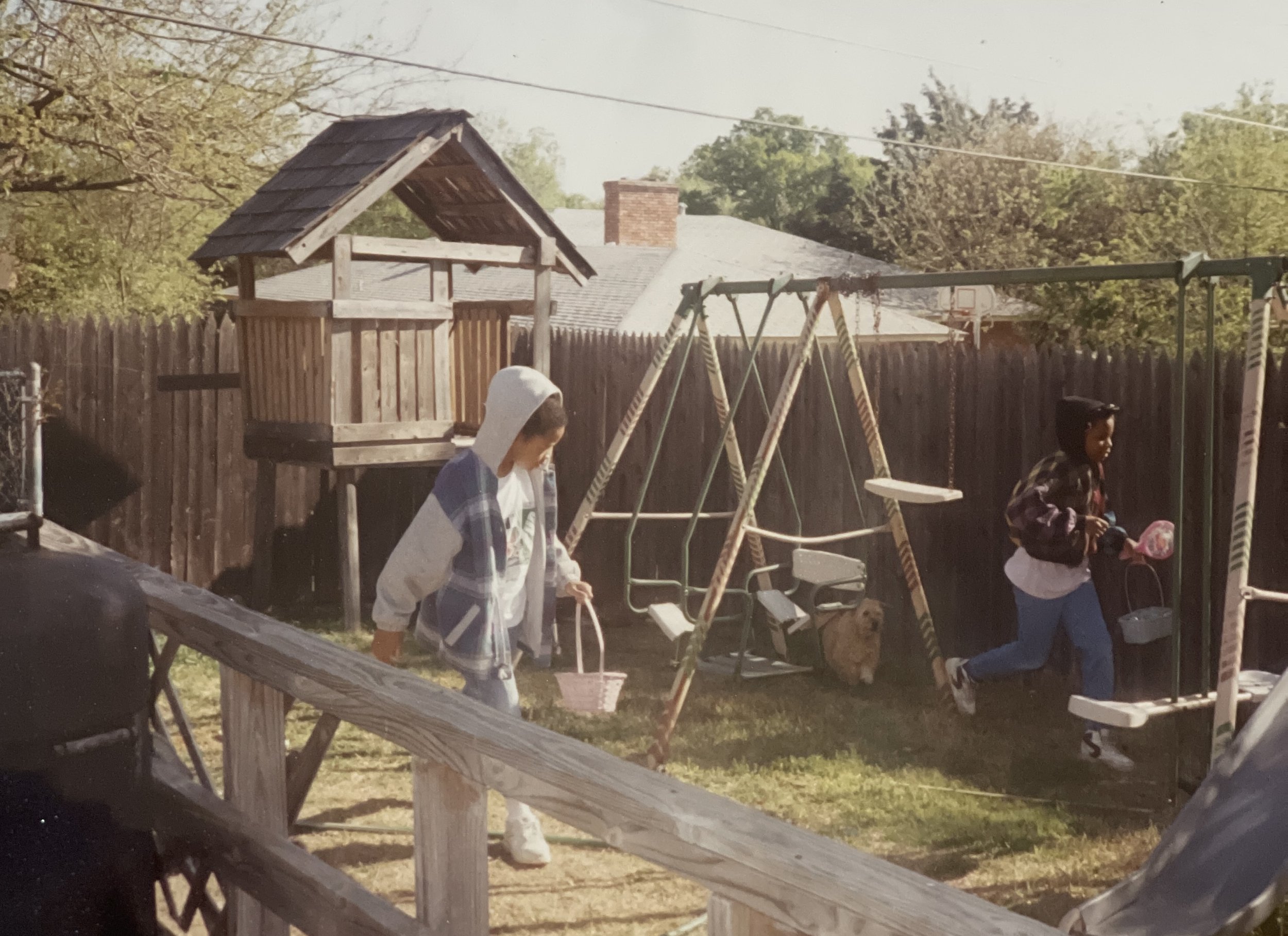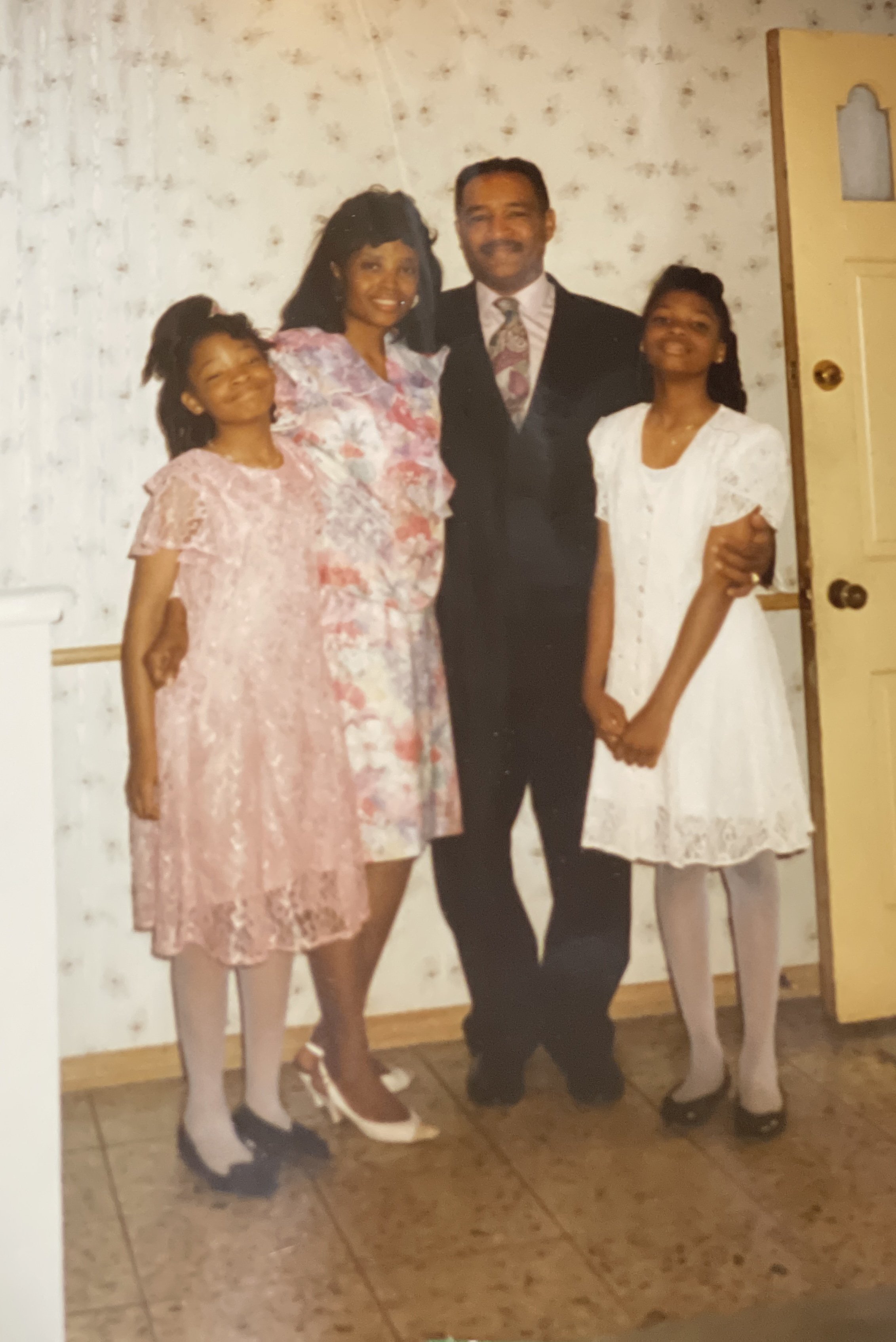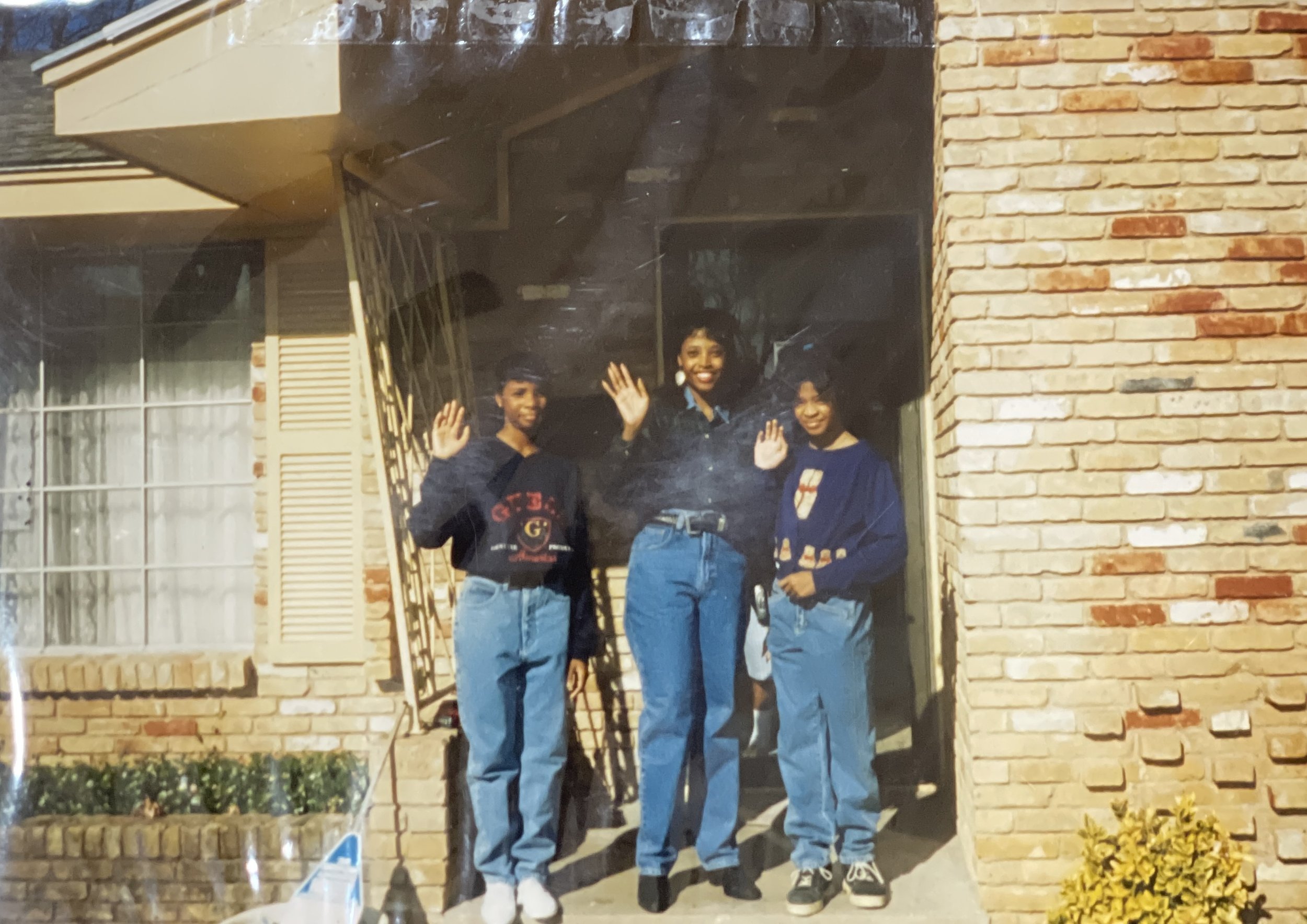The Childhood Experience: How Childhood Memories Affect Adulthood
Are happy childhoods really that important?
When I was a child, I remember spending countless days up in my playhouse.
Singing, writing, and playing with my dolls. I remember eating fresh baked cookies and riding my bike all around our neighborhood. I remember being carefree. Looking back, it wasn’t the toys I had, the family trips we took, or the awards I received that made my childhood so memorable.
It was the feeling of safety, love, and protection that allowed me to spend my days carefree. It’s the playhouse my daddy carefully built from scratch. It’s the time I spent with my mom as she baked the cookies. It was the bike rides with my siblings beside me…looking back we weren’t spoiled, we weren’t rich, we weren’t sheltered and my parents weren’t perfect. We were loved and protected. We were seen and acknowledged every single day. It’s those feelings and emotions that are now forever tied to those memories that allow me to say my childhood was not only happy but magical…
Your childhood is the foundation of your life.
The events that occur during that time shape us into the people we become as adults, whether for the good or the bad. More importantly, our memories of events and the emotions connected to them have a lasting effect on how we view ourselves and the world. they shape our likes, dislikes, and fears. A happy childhood is about more than getting your favorite toy on Christmas or being picked for the team. it’s about the relationships established, stability, and acknowledgment from those you love.
Getting things a child wants, academic issues, or failing to make a sports team are not strongly related to the adult perspective of childhood happiness. It is feeling loved by your parents/caregivers that make the strongest contribution to childhood happiness.
What is happiness anyway?
Happiness is an emotional state characterized by feelings of joy, satisfaction, contentment, and fulfillment. While happiness has many different definitions, it is often described as involving positive emotions and life satisfaction. When referring to childhood happiness, research defines a happy childhood based on the transition into adulthood and the satisfaction one feels with their life, amongst other things. One study found that individuals who describe their childhood as happy and had fond recollections of early relationships with their parents, were more likely to have better health, fewer chronic illnesses, and a lower risk of depression.
As adults, we view happiness differently. A child may not be able to identify every emotion they feel. However, as they transition into adulthood the lasting impression of the things experienced allows them to fully understand the impact of their childhood.
The importance of childhood memories
A recent study by the American Psychological Association found that people who have fond memories of childhood, specifically their relationships with their parents, tend to have better health, less depression, and fewer chronic illnesses as older adults. Memories play a big part in how we make sense of the world, how we perceive past experiences, and how we determine our future. Memories shape our lives. They make us who we are and they play a role in determining our character and our values. Good memories can have a positive effect on health and well-being and can help one maintain healthy choices in life.
Research tells us if someone experiences several adverse childhood experiences, they’re at risk for developing depression, anxiety, substance abuse habits, and detrimental health behaviors as they transition into adulthood. However, even in the presence of early adversity, positive experiences in childhood can provide a foundation for creating better health in adulthood.
Memory experts say that it's the way an experience makes a person feel, rather than the experience itself that makes the most impact. Their research found that memories associated with pleasant emotions fade more slowly than the ones with unpleasant emotions. Why? Because the brain retains more details in experiences that are pleasant as opposed to negative memories. When there are more positive emotions to retain, the overall impression of your childhood will be that of a happy one.
Overall, the belief of having had a happy childhood is associated with greater social connectedness, enhanced sense of self, and healthy behaviors later in life.
Creating happy childhood memories
Happiness has an effect on the inside and out. The research found that a child who has been loved and nurtured early in life may develop a larger hippocampus, the brain region important for learning, memory, and stress responses. According to this research, a childhood full of maternal love was defined as a happy one. A 2012 study showed brain images of happy children of nurturing mothers had hippocampal volumes 10 percent larger than children whose mothers were not as nurturing. In addition to that, research into life satisfaction found that a happy childhood had more of an impact on whether an adult felt successful.
Establishing the foundation of a happy childhood doesn’t mean you have to be a perfect parent. It is impossible to protect our children from all adversity or traumatic experiences. However, those experiences don’t always negatively determine the direction of one’s life.
Creating happy memories doesn’t have to cost you money but it will always require your time. Find things that you and your children can bond over. Quality, uninterrupted time will naturally translate into happy memories. Pull out the board games or pick up a controller and join in on the PlayStation fun! Plan a family cooking night and make eating meals together as a family a priority. Go outside together, find a way to make bedtime routines fun, or plan weekly at-home movie nights. The list is endless.
At the end of the day, the key to raising happy children and creating happy childhoods is as simple as loving them.
If asked to describe my childhood, I wouldn’t use the word perfect. Actually, I can only describe how I felt during that time. Loved & protected. Those feelings were created from quality experiences. Cooking with my mother. Playing outside with my dad. Feeling special because my dad took the time to create something just for me. The bedtime stories we always read, eating dinner together, and saying our prayers at bedtime. All of those experiences shaped how I perceived my childhood and as a result shaped who I am today.
No one’s childhood is perfect. As parents, all we can do is try to be there for our children as best we can. Perfect parenting does not exist but as parents, we have a responsibility to provide our children with safe and loving environments. Acknowledge their feelings and emotions and provide them with the quality time that speaks directly to their individual love language. When a child grows up feeling seen, heard, loved, and protected those feelings translate into happiness once they are adults. As they reflect on their childhood experiences and emotions, happiness is often the word used to describe that time of their lives.
My childhood is one of the greatest gifts my parents could have ever given me. I was free to be a child. To play, dream, create, cry and laugh. The memories associated with that time of my life will always be etched into my mind. Only to be described as magical.
I pray I am creating the same experiences for my children. So that they grow up believing their childhood was just as magical, if not more.
Resources
1. Daines, C. L., Hansen, D., Novilla, M. L. B., & Crandall, A. A. (2021, April 5). Effects of positive and negative childhood experiences on adult family health - BMC public health. BioMed Central. Retrieved March 7, 2022, from https://bmcpublichealth.biomedcentral.com/articles/10.1186/s12889-021-10732-w
2. Lee, H., & Schafer, M. (2021, March). Are positive childhood experiences linked to better cognitive functioning in later life?: Examining the role of life course pathways. Journal of aging and health. Retrieved March 7, 2022, from https://www.ncbi.nlm.nih.gov/pmc/articles/PMC7906946/
3. Castro, J. (2012, January 30). How A mother's love changes a child's brain. LiveScience. Retrieved March 7, 2022, from https://www.livescience.com/18196-maternal-support-child-brain.html
4. Guardian News and Media. (2014, November 8). Emotional health in childhood 'is the key to future happiness'. The Guardian. Retrieved March 7, 2022, from https://www.theguardian.com/society/2014/nov/08/happiness-childhood-emotional-health-richard-layard
